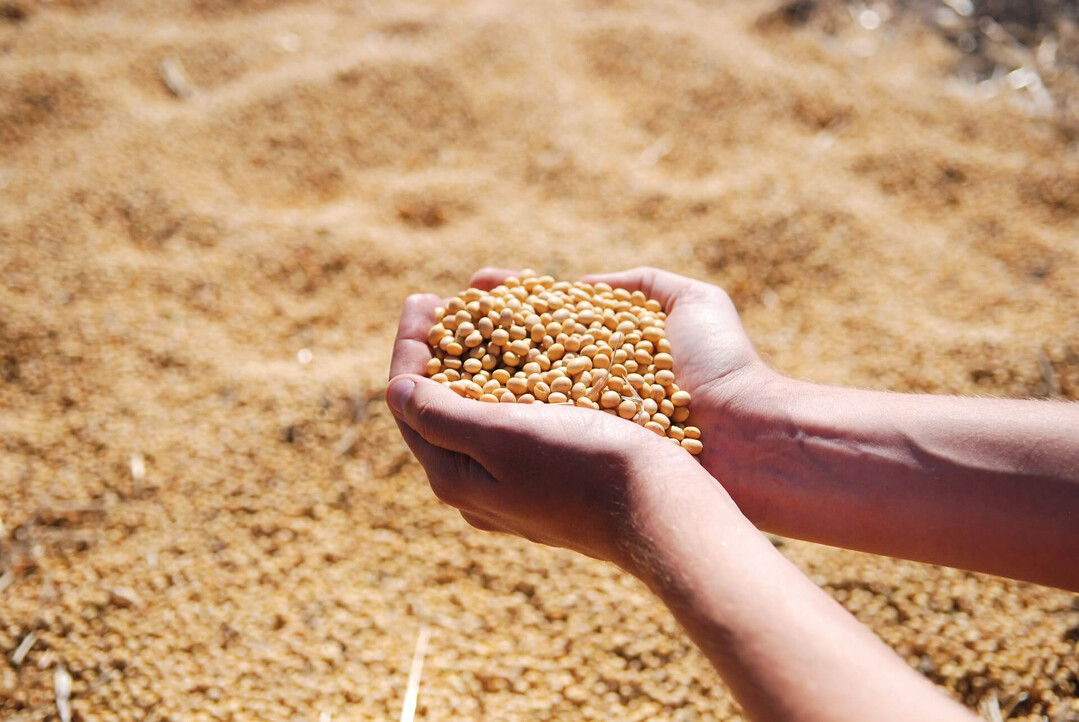
Paraguay, a major soybean producer in South America, is projected to significantly increase its soybean production to 10.9 million tons in the 2025-26 marketing year. This surge is attributed to improved weather conditions and an increase in planted area and yields. The latest report from the U.S. Department of Agriculture's Foreign Agricultural Service (FAS) reveals this outlook, marking a notable recovery from the previous year's 9.7 million tons, which was affected by adverse weather.
Paraguay cultivates soybeans twice a year, maintaining a stable production system through the main season, 'zafra,' and the second season, 'zafriña.' The FAS anticipates a return to normal rainfall and temperatures due to the easing of the La Niña phenomenon, which is expected to positively impact soybean yields and overall production stability.
According to the report, Paraguay's soybean crush volume is also forecast to increase to 3.4 million tons in 2025-26, driven by higher domestic production and the normalization of export flows. In particular, the economic recovery and revitalization of the soybean processing industry in Argentina, Paraguay's largest soybean buyer, are expected to be key factors boosting the operating rate of Paraguay's crushing industry. The FAS projects that Paraguayan crushers will operate at 70-80% of their installed capacity, the highest level in the past three years.
Improved harvest conditions, steady demand from Argentina, and the stabilization of domestic crush volumes are expected to enhance Paraguay's soybean export competitiveness. Consequently, Paraguay's soybean exports are projected to reach 7.2 million tons in 2025-26, an increase from the previous year's 6.5 million tons.
With a population of approximately 7 million, Paraguay has minimal domestic consumption, relying heavily on exports for most of its produced soybeans. Notably, soybean meal and soybean oil account for about 95% of total production sold to overseas markets, with Southeast Asia, Chile, and Argentina being major importers.
Paraguay's soybean industry is a crucial part of the national economy, and stable soybean production and exports are expected to significantly contribute to increased farm income and national foreign exchange earnings. However, fluctuations in international grain prices and the global economic situation remain potential risk factors for Paraguay's soybean industry. The future focus will be on whether Paraguay can achieve sustained growth based on stable weather conditions and a favorable international market environment.
[Copyright (c) Global Economic Times. All Rights Reserved.]



























